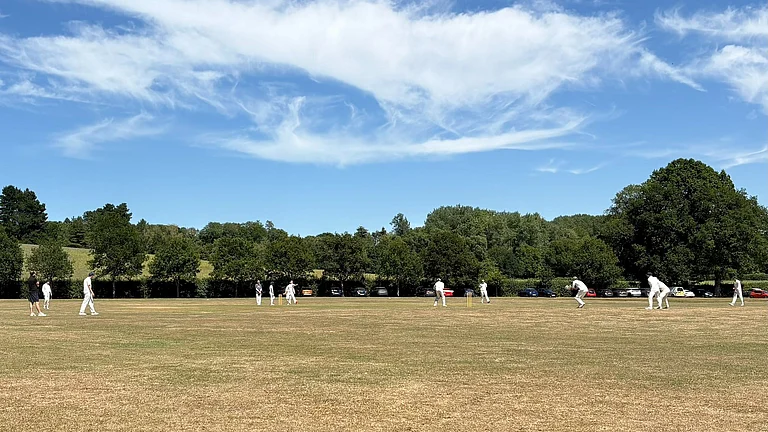In a progressive decision last week, a division bench of the Bombay High Court in ABC v. State of Maharashtra & Anr. upheld the Right to Dignity of a 33-week-old pregnant married woman and allowed for the termination of her pregnancy after quashing the recommendation of the medical board that advised against the termination on grounds of the length of the pregnancy.
The bench, comprising Justices GS Patel and SG Dige observed that the petitioner, an adult married woman, had taken an informed decision and it was well within her rights whether to carry the pregnancy or choose to terminate the foetus. “The petitioner takes an informed decision. It is not an easy one. But that decision is hers, and hers alone to make, once the conditions in the statute are met. The right to choose is the petitioner. It is not the right of the Medical Board. And it is also not the right of the court to abrogate the petitioner’s rights once they are found to fall within the contemplation of the law,” the Bench stated.
The Court also underlined that refusal of the pregnant woman's plea for termination would amount to denying her right to dignity. The 23-page order held, “In refusing termination only on the ground of delay, this court would not only be condemning the foetus to a less than optimal life but would also be condemning the mother to a future that will almost certainly rob her of every positive attribute of parenthood. It would be a denial of her right to dignity, and her reproductive and decisional autonomy.”
Representing the petitioner, Advocate Aditi Saxena, passionately submitted to the court that there is no absolute prohibition on the termination of late pregnancy beyond the period of 24 weeks. Saxena urged for the court's intervention on the statute's(law) silence on what is to happen if a foetal abnormality is detected late in the pregnancy. Highlighting that despite the medical board conceding that the foetus in question suffered abnormalities, she pointed out that it still advised against the termination on grounds of an advanced stage of pregnancy.
Bar & Bench reported that the High Court, however, could not agree with the report as it was silent on the questions raised by the petitioner. “The Medical Board report addresses itself to medical interventions, the availability of incessant and ongoing treatments, and nothing more. It does not take into account the social and economic position of the Petitioner and her husband. It does not even attempt to envision the kind of life — one with no quality at all to speak of — that the Petitioner must endure for an indefinite future if the Board’s recommendation is to be followed. The Board really does only one thing: because late, therefore no. And that is plainly wrong, as we have seen. Given a severe foetal abnormality, the length of the pregnancy does not matter,” the Court mentioned.
The bench was also appreciative of the restraint displayed by additional government pleader, VM Mali. “His only duty, he submits, is to bring to the notice of the Court that a certain procedure needs to be followed. His second duty is of course to assure the Court that the Petitioner will get whatever support she needs from the hospital. There will be no compromise in that regard. We express our appreciation of the stand he takes,” the Court said as it permitted the pregnancy termination.
Delhi High Court Justice Pratibha M Singh in December had also allowed the termination of a 33-week-old pregnancy, holding that it was only a mother's choice in such cases that is ultimate and final.
Safe abortion advocate Sneha Bhati while speaking to Outlook on the case said that it is unfortunate that the courts have to step in and women have to undergo the exhausting judicial exercise in pregnancy because "the law is not right placed, meaning that it denies women to exercise the choice of abortion as a right, and rather leaves it upon the service providers". "It is unfair to subject women to further trauma and body policing when already carrying a pregnancy," she said.
Bhati also pointed out that section 5 of the Medical Termination of Pregnancy Act, 1971 clearly states that sections 3 and 4 of the MTP Act do not apply "to the termination of a pregnancy by a registered medical practitioner in a case where he is of opinion, formed in good faith, that the termination of such pregnancy is immediately necessary to save the life of the pregnant woman." Bhati also added, "since the MPT Act is widely misinterpreted and is also subject to moral scrutinies by both the state and medical practitioners that those seeking abortions have to face the medical board, courts and fight for their lives and dignity, especially in case of pregnancies beyond 24-weeks."


























